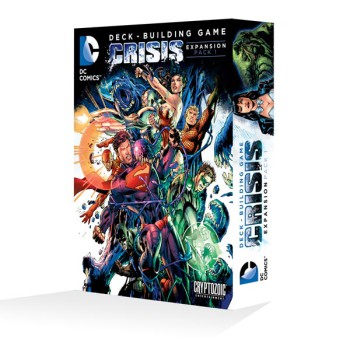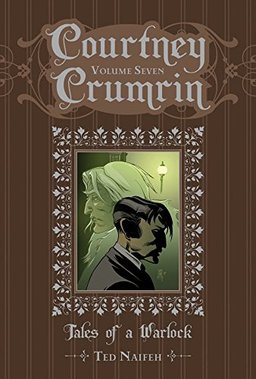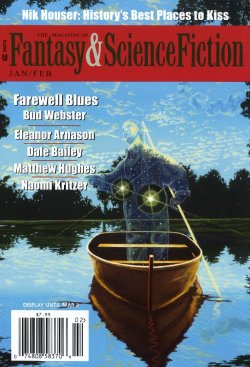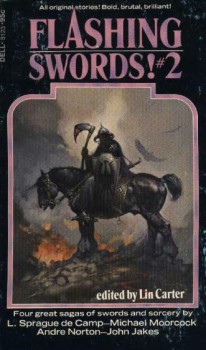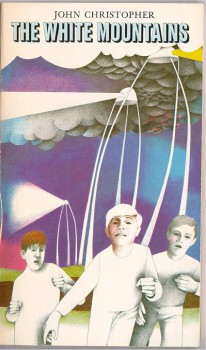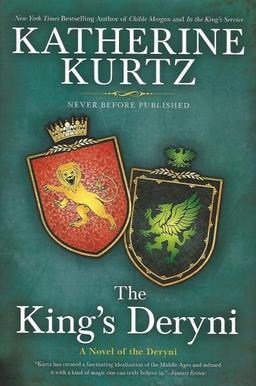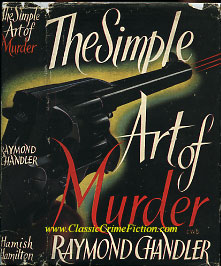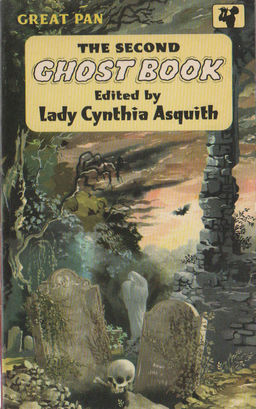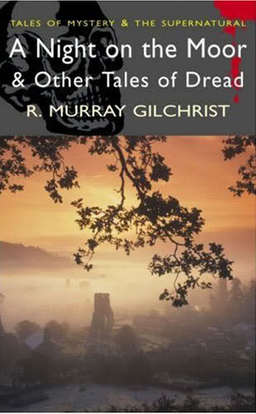The Shade of Klarkash-Ton
None strikes the note of cosmic horror as well as Clark Ashton Smith. In sheer daemonic strangeness and fertility of conception, Smith is perhaps unexcelled by any other writer, living or dead.
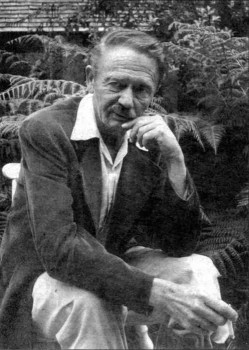 So wrote another great writer of cosmic horror, H.P. Lovecraft. Even given the Old Gent’s tendency toward hyperbole when extolling the virtues of his colleagues, I find it hard to disagree, particularly on this, the 122nd anniversary of Smith’s birth in Long Valley, California.
So wrote another great writer of cosmic horror, H.P. Lovecraft. Even given the Old Gent’s tendency toward hyperbole when extolling the virtues of his colleagues, I find it hard to disagree, particularly on this, the 122nd anniversary of Smith’s birth in Long Valley, California.
Of the “Big Three” – Lovecraft, Howard, and Smith – who wrote for Weird Tales during the 1920s and 1930s, CAS is the only one to have lived long enough to have died of old age and yet he’s also probably the least understood and celebrated. That’s a great pity, not just because he’s probably my favorite of that glorious triumvirate, but also because his works are quite unlike any other fantasy or science fiction writer before or since. Jack Vance probably comes the closest to conjuring up the shade of Smith, but there are lots of subtle differences between the two authors that make such a comparison facile.
For one, Smith considered himself primarily a poet rather than a writer of fiction. Even his most straightforward prose pieces possess a poetic character to them that transcends his florid vocabulary and indulgence in archaisms. There’s an incantatory rhythm to his writing that demands it be read aloud; I frequently find myself doing just that when I read a Smith story. It’s a very strange and powerful thing. Rarely have I encountered a writer whose written words so cried out to be spoken (intoned?). When you do so, the experience is like few others in literature. Smith’s writing is luxurious and appeals to all his reader’s senses, including the mind’s eye – that part of the imagination that doesn’t just conceive of people and things and places that have never existed but that strains at the edges of infinity. I find myself at a loss to describe precisely what I mean, but then that’s part of my point. Smith’s work often gives voice to the ineffable in ways that are both exhilarating and terrifying. Few others writers I have encountered can do that.
I make no secret of the fact CAS is my personal favorite of the Big Three of Weird Tales and the one whose works I most wish I could emulate. Though I strive mightily against it, I fear that my own writings evince a style more in keeping with the antiquarian Lovecraft than with the otherworldly poetry of the Bard of Auburn, though not for lack of trying. Smith’s genius is elusive and not easily reproduced.
